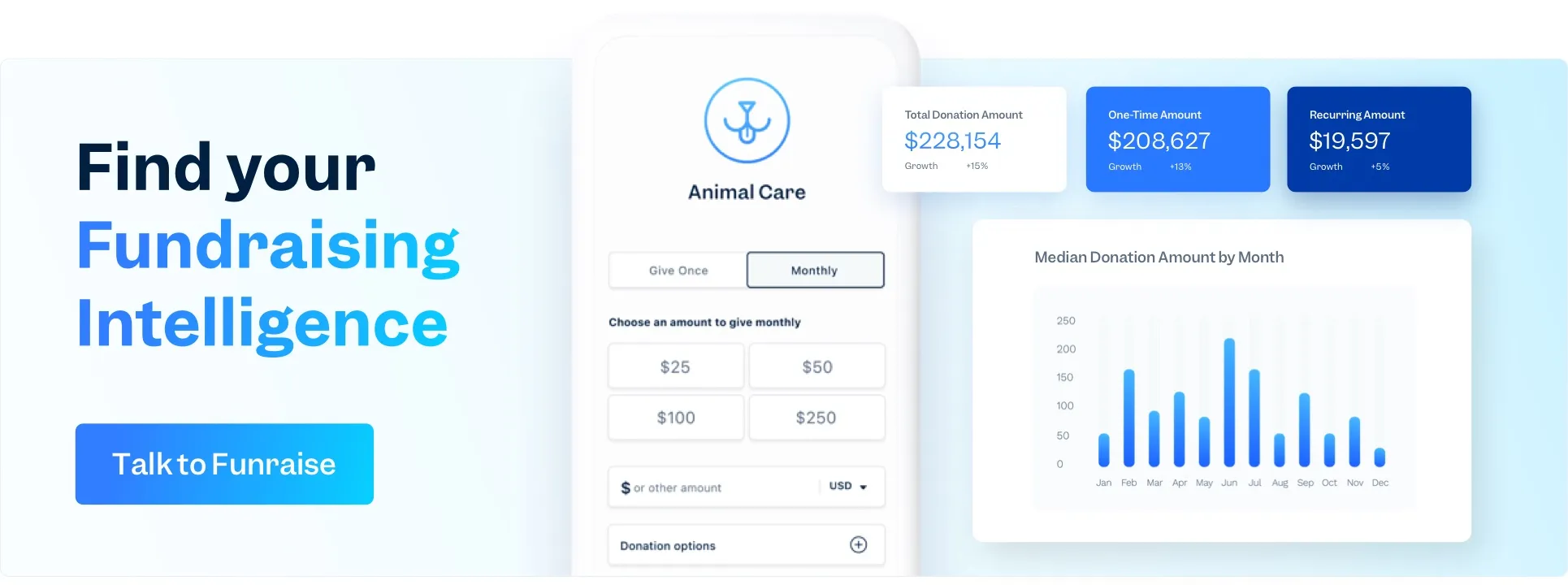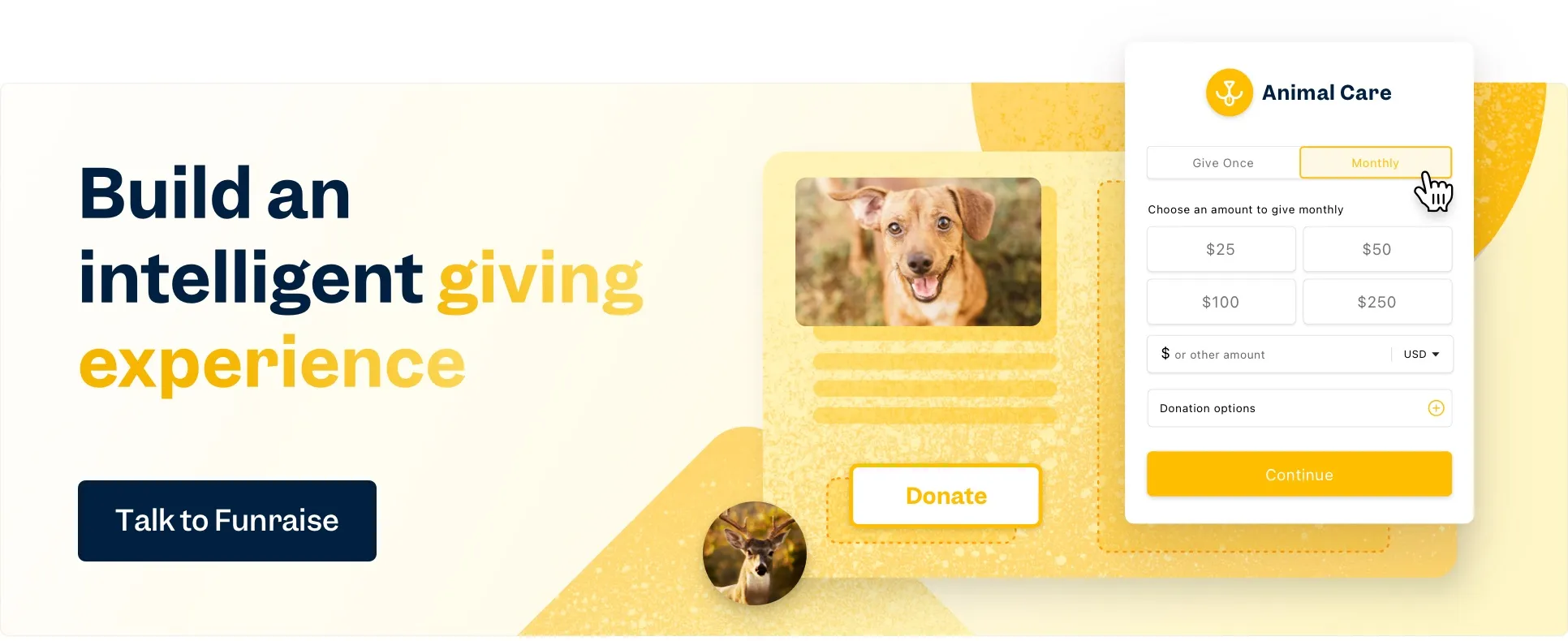What is PCI Level 1 Compliance?
PCI DSS (Payment Card Industry Data Security Standard) is a set of security standards designed to ensure that all companies that accept, process, store, or transmit credit card information maintain a secure environment. Level 1 is the most rigorous level, typically required for businesses processing over 6 million card transactions annually.
For Funraise, achieving this certification means every piece of the platform has undergone intense scrutiny and validation by Sikich, an independent compliance assessor. It's not just a one-time thing either—this certification requires ongoing commitment to maintaining the highest security standards.
Key aspects of PCI compliance include:
- Security policies: Establishing robust security policies to govern how cardholder data is handled.
- Secure systems: Implementing security systems and controls to prevent unauthorized access.
- Transmission of cardholder data: Ensuring secure transmission of cardholder data over networks.
- Security features: Integrating security features into software to mitigate risks.
Qualified Security Assessors (QSAs) like Sikich, Funraise's independent compliance assessor, play a vital role in guiding organizations through the compliance process, ensuring a solid security posture.
PCI compliance software tools can significantly enhance an organization's ability to achieve and maintain compliance, simplifying management and tracking of compliance efforts.
Importance of PCI Compliance in the Nonprofit Sector
In the nonprofit world, handling donor transactions securely is paramount. Adhering to PCI compliance standards ensures that nonprofits protect sensitive donor information, build trust, and maintain robust security systems. Compliance not only shields the organization from potential data breaches but also fosters confidence among donors and stakeholders, crucial for sustained support and fundraising success.
Increased Donor Confidence
When donors know their financial information is handled securely, their confidence in the organization soars. Implementing PCI compliance software reassures donors that the nonprofit is taking stringent security measures to protect their cardholder data. This trust can lead to increased donations and a loyal donor base, key for achieving long-term organizational goals.
Protecting Donor Information
Nonprofits often rely on PCI compliance to protect the personal and financial information of their donors. By controlling access to cardholder data, nonprofits can prevent unauthorized use. This includes employing secure systems, encrypting data transmissions, and integrating advanced security features into all transaction-related software. Such measures ensure that donor information remains confidential and safe from malicious threats.
Ensuring Transaction Security
Secure transactions are table stakes, whether you're taking donations online or off (we're talking about online here, but just saying.) By staying PCI-DSS compliant, nonprofits can ensure the secure transmission of cardholder data, safeguarding against breaches during transactions. This is vital, as even a single security incident can significantly tarnish an organization's reputation and deter future donations.
Competitive Advantage in Fundraising
Adopting PCI compliance standards gives nonprofits a competitive edge in the fundraising arena. By demonstrating a strong security posture, organizations can stand out to potential donors who prioritize data security. This level of assurance not only retains existing supporters but also attracts new donors, setting a nonprofit apart as a responsible and trustworthy entity in the industry.
By using a PCI Level 1 compliant platform like Funraise, you're providing your donors with the highest level of protection against data breaches and fraud. This leads to increased donor confidence and higher donation rates.





























.webp)
.webp)











.webp)
.webp)

.webp)
.webp)
.webp)




